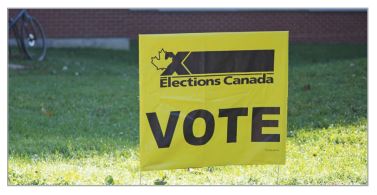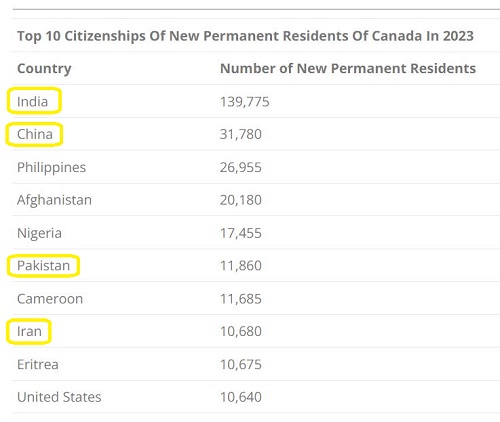Foreign interference: Canadian parties system leaks like a sieve
TORONTO – Choice of candidates and party financing: these are the two “doors” that allow hostile foreign states to “enter” Canada to interfere, or at least try, in the elections and, consequently, in the country’s politics. This is what, in a nutshell, the head of Elections Canada, Stéphane Perrault (Chief Electoral Officer of Canada), reported to the Foreign Interference Commission.
Nominations, in which candidates compete for the chance to run under a party’s banner, typically receive less public and media scrutiny than actual elections. And that’s where foreign countries creep in, attempting to place “friendly” people among the candidates or to support candidates who are more “reliable” than others.
However, Perrault stressed that Elections Canada cannot supervise such appointments, for both operational and political reasons. And he said that Elections Canada does not have the local structures or resources to engage in the type of operations that would be necessary to administer nomination races across the country. And as for political reasons, Perrault recalled the importance of party autonomy and allowing parties themselves to establish their own rules and procedures for the selection of candidates and leaders.
Another issue is loopholes in campaign finance rules, which could allow money from foreign countries to influence Canadian elections. Indeed, Perrault noted that, according to the law, only citizens and permanent residents can make donations to a party or candidate and that such donations should be made with personal funds, while foreign citizens, groups and governments are not allowed to donate: however, it can be difficult to monitor and no system is airtight, Perrault recalled. “We do not have information that would allow to vet whether all of these contributors are either Canadian citizens or permanent residents” he said. And then there is “third-party spending”: under current rules, a third party can receive money from foreign sources outside the election period, accumulate it, and then spend it during the election. “When they use this money, they use their own funds” Perrault said. “Thus, a certain amount of illegal funding could end up in third-party spending during an election”.
Perrault’s comments reflect the findings of a March 2023 summary of threats of foreign interference, which stated that hostile states influence Canadian elections by “clandestinely supporting” individuals deemed to have the “interests of foreign states” and by opposing those which are not. “To accomplish their goals, [they] exploit loopholes in political party nomination processes; engage in money and financing operations; mobilize and leverage community organizations; and manipulate media outlets”.
Although the list has been partially deleted, as the CBC writes (in the article by Elizabeth Thompson, published today), among the countries that according to the report are involved in foreign interference include China, India, Russia, Pakistan and Iran: and just China, India, Pakistan and Iran – as lawyer Colin Singer recently highlighted in his blog Immigration.ca – are also in the top ten of new permanent residents in Canada in recent years.
The graph above is taken from Immigration.ca: we have highlighted the names of the countries that are also on the list of those hostile to Canada




